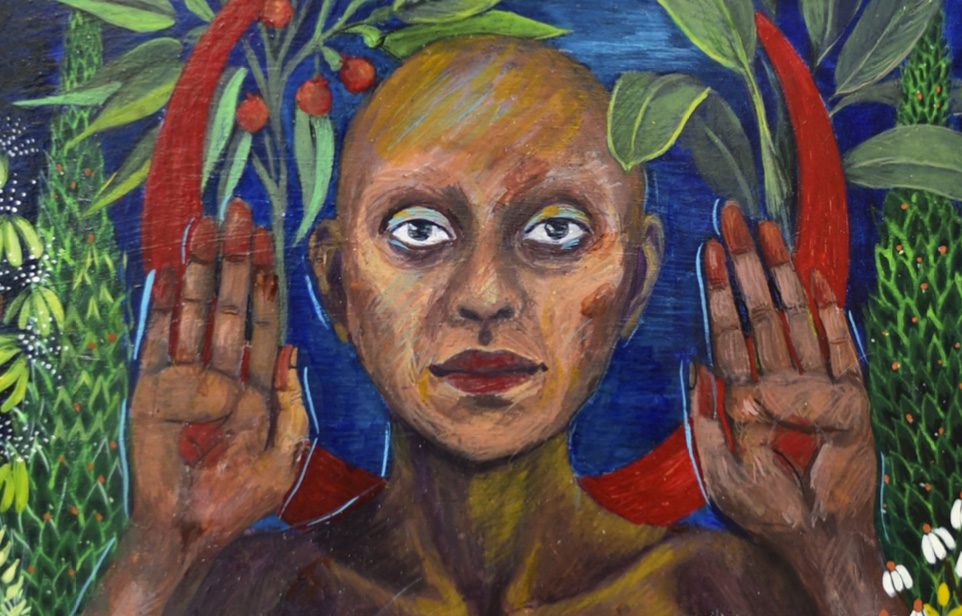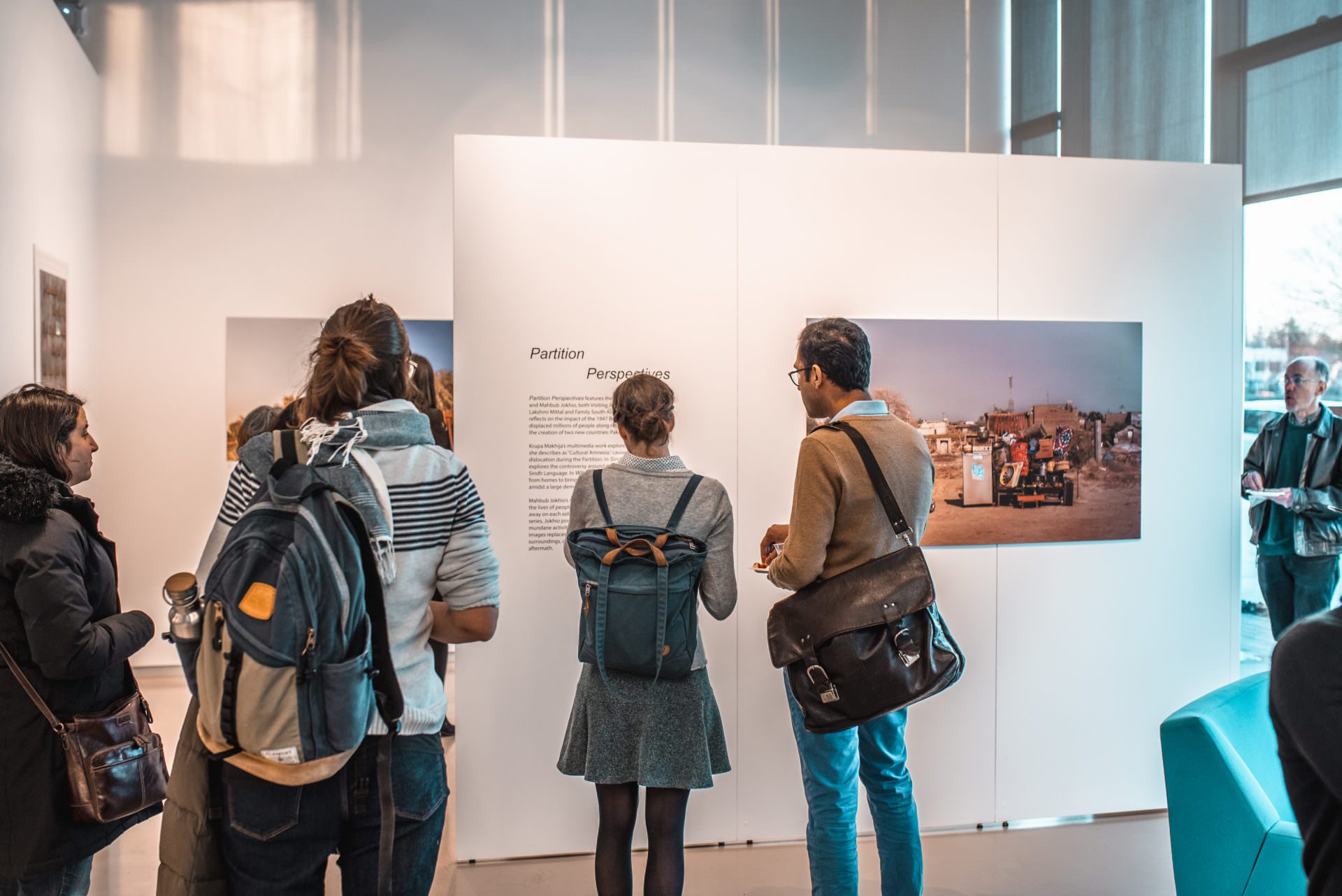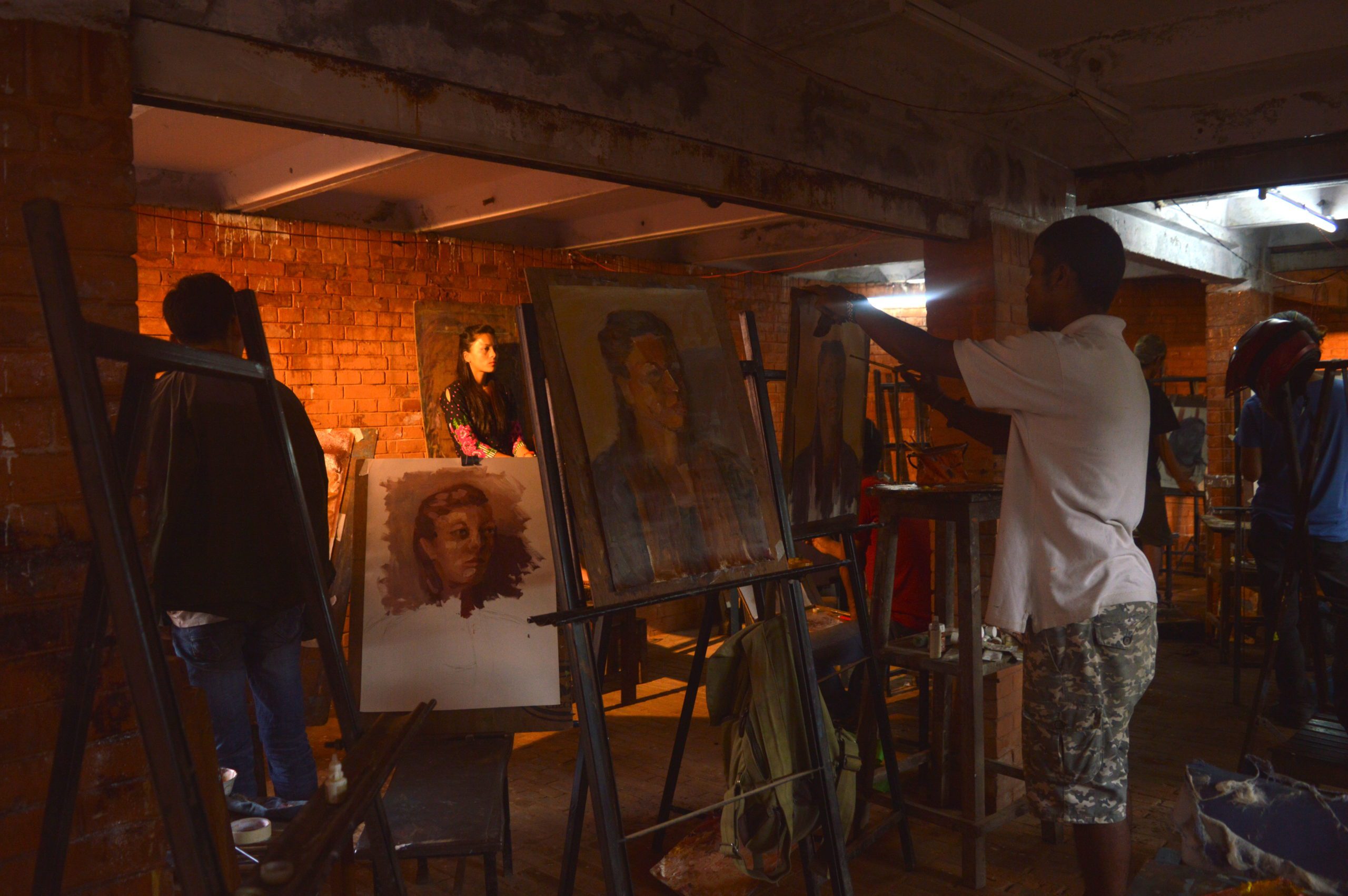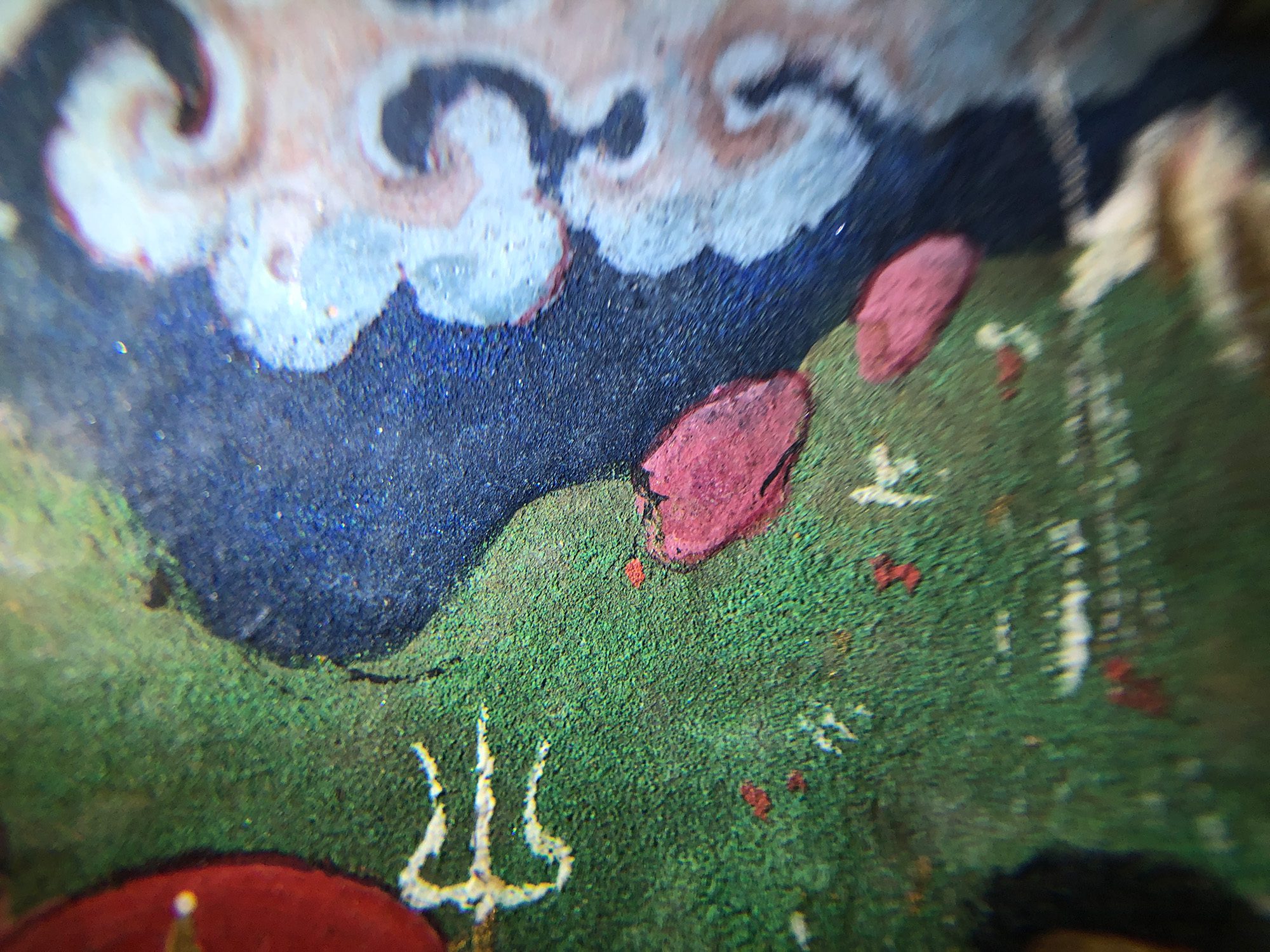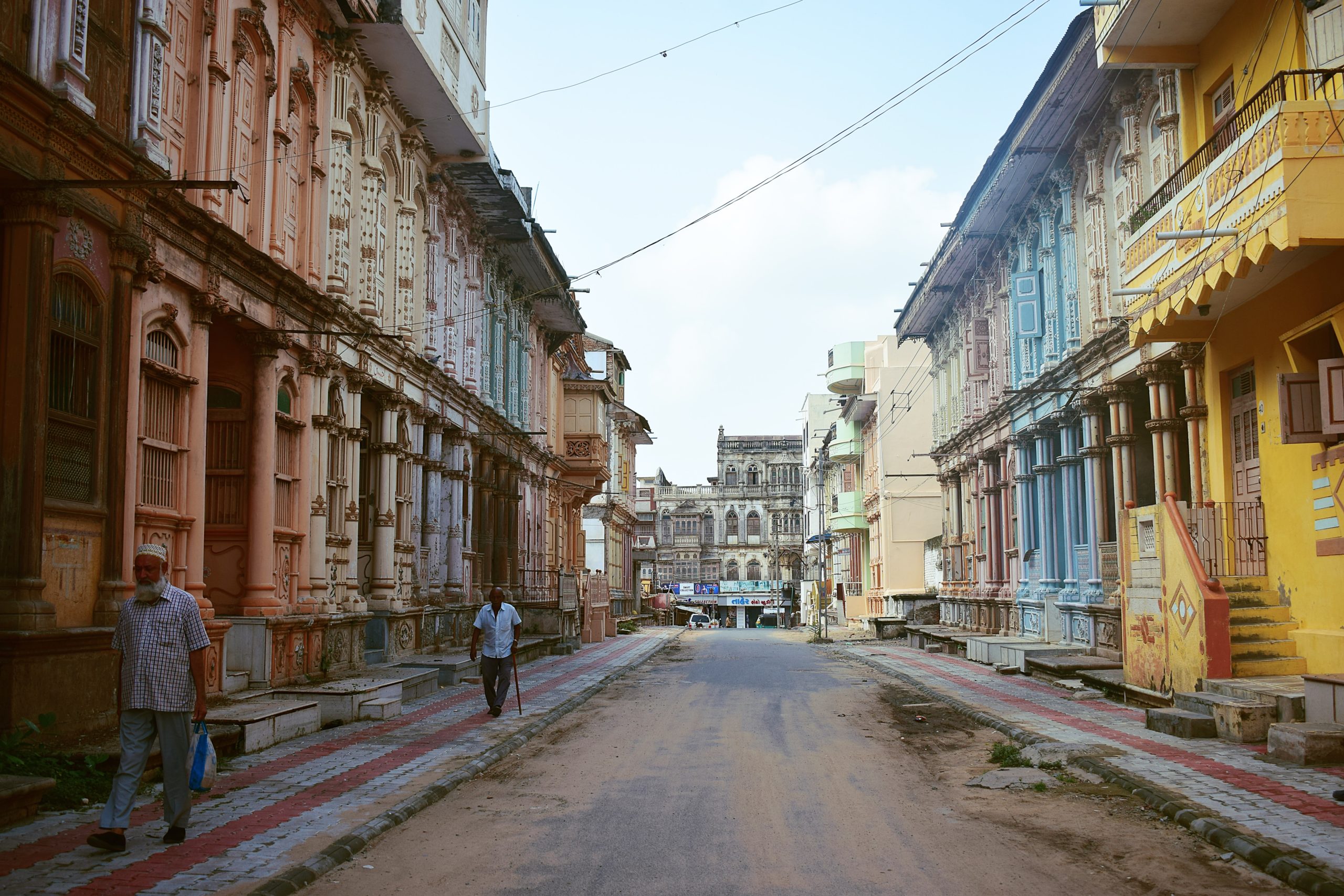Arts at the Mittal Institute
The Mittal Institute’s Arts Program bridges South Asia’s artistic world with the intellectual and creative resources of Harvard University, offering various fellowships, research programs, and events.
Inside the Arts Program
ARTS PROGRAM REPORT 2023-2024
The Mittal Institute’s yearly Arts Program Report highlights the incredible impact and accomplishments of the Institute’s various arts initiatives, which include fellowships, exhibitions, and events.
VISITING ARTIST FELLOWSHIP
The Mittal Institute’s Arts Program offers fellowships to four mid-career artists from across South Asia through a competitive process and invites them to Harvard’s campus for two months. The artists are connected with Harvard faculty and students to support their research into social, political, cultural, and economic issues of the region through art.
DISTINGUISHED ARTIST FELLOWSHIP
The Distinguished Artist Fellowship, generously funded by Arts Advisory Council chair Dipti Mathur, brings senior artists from South Asia to Cambridge to enrich their future artistic work through the use of Harvard’s intellectual and creative resources.
PERFORMING ARTS PROGRAM
The Performing Arts Program at the Mittal Institute aims to uncover how South Asian performing arts, such as music, dance, and theater, evolve and remain resonant in a rapidly changing, globalized world. The program is planning to create experiential residencies, provide opportunities for public engagement, and support scholarship on this topic.
THE STATE OF ARCHITECTURE IN SOUTH ASIA
The State of Architecture in South Asia is a multi-year research initiative anchored by the Mittal Institute and the Harvard Graduate School of Design (GSD), supported by the South Asia Graduate School of Design Student Group and the Architecture Foundation, India. The project explores fundamental questions about the research and practice of architecture in South Asia, a region undergoing numerous transitions.
MAPPING COLOR IN HISTORY
Mapping Color in History (MCH) is a digital research platform that brings together the scientific data drawn from existing and ongoing material analyses of pigments, especially in Asian painting, to enable historical research.
PROGRAM FOR CONSERVATION OF CULTURE
This program addressed the lack of manpower and knowledge transfer that exists in South Asia’s cultural conservation. As a region with a rich history and cultural heritage, it is imperative to teach the next generation of conservationists, museum curators, and other experts how to effectively and safely preserve South Asia’s many heritage sites and works of art.
Media and Resources
People


